An interview about
The Mother with Hanif Kureishi
by Walter Donohue WALTER DONOHUE
What was it about this story that made you think that it should be a film rather than a novel? HANIF KUREISHI I dont truly know why, but maybe its because sometimes youre looking for a film. It comes to you: you see certain images, which are transformed later on by the director. In this case, you see a woman doing her shopping, her gardening, looking after her husband an old couples life. Then, later on in the story, you see how she has been transformed by the death of her husband, and by her relationship with the builder, Darren. I saw all of that I saw the builder coming into the house, and so on.
Is it also partly because you felt that the sex that is at the centre of the story would be better depicted on screen rather than on the page? Not necessarily.
Is it also partly because you felt that the sex that is at the centre of the story would be better depicted on screen rather than on the page? Not necessarily.
In a sense, sex is much harder to do in a film than it is on the page, because its easier to move inside the minds of the characters with prose. Whereas with a film, youre a voyeur: youre looking from the outside, watching these bodies, and your relationship to them is as a spectator. So it wasnt necessarily that. There was also the desire to work with a director again. Id worked with Udayan Prasad on My Son the Fanatic and Patrice Chreau on Intimacy. Then I wrote The Body and the stories that went with it.
So I guess it was time. At what point in a film project does the director get involved with your work as the writer? Once Ive got a rough idea of the whole thing and I can see the whole story. But its still quite rough, in the sense that theres a lot of material there, and what you know is that the director is going to have a version of the material that is going to interest him. When you give a draft to a director, hes got to find something in it that sparks his imagination, or is already working in his mind that this is a subject that turns him on, in some way. Then you work on the script with the director, and after a few weeks you begin to see what hes interested in. You see hes thinking about where he wants to shoot and what hes going to do on the set and what he wants from the actors, and this will be an expression of his personality.
But he also sees something about your ideas that is important, and he works out how to use that. And you as the writer are going to have to persuade him to the interest of your own ideas, or you have to engage in his ideas, or it becomes a synthesis of both. So it really is a collaboration, as you begin to figure out together what sort of film you can make, but also what sort of film you cant make, and the areas you cant go into. Its also an act of trust, in a sense that the two of you are going to do this thing together, and believe that it is going to work out. In the case of this script, Roger [Michell] was very involved with his own mother, and he could find a way into the film through that. So then it became his film, as it were: a film about his mother, as well as, lets say, my mother.
Or about all mothers. Was Rogers mother the same age as the mother in the film? I think his mother had died just before I gave him the script. So he was in a mother mood, as it were. I think he had been thinking about her a lot. She had been bereaved and left alone for quite a while a bit like my mother. There has to be something about the material that will appeal to the directors unconscious, or his taste or style.
You might write a perfectly good thing and give it to a particular director and sometimes it just wont do anything for them at all. But you wouldnt give your work to just any director. This is the second time youve worked with Roger, just as youve worked with Stephen Frears twice. So are there certain directors who you feel have a particular affinity for your work? Yes, though Im always looking for new people to work with, because whats interesting about being a writer in films as opposed to being a director is that all the films are different. My Beautiful Laundrette isnt like My Son the Fanatic. You can offer your work to somebody and it comes out in all these different versions, which is the result of collaboration.
Patrice Chreau wasnt someone I had worked with before, and he took my work and transformed it into something I rather admired. I worked with Roger on The Buddha of Suburbia, which was one of the first things he did; and its interesting how different The Mother is compared to The Buddha of Suburbia. Buddha is directed in a number of styles, you might say. You never know from cut to cut whats going to turn up next. The characters are different, too. But with The Mother he seems to have invented a new style.
You can see that hes developing as a director, looking for new ways to visualise things. So, when we were making the film, I had no idea what it was going to look like or how he was going to use the frame. Once Roger said he wanted to direct it, did you re-write the script in line with suggestions he made? Roger wasnt available for ages he went off to America to make Changing Lanes. But we worked on the script a lot: there was a lot of stuff concerning the past, but otherwise the story remained more or less what it was when I first wrote it. Once it was cast, was there a rehearsal period during which you worked some more on the script? We read it through with the actors, and then Roger and I continued to meet and tinker around with it. Once shooting began, Roger didnt want me around on the set some directors dont like you being there, it puts them off.
Whereas someone like Stephen [Frears] likes the writer to be there all the time fiddling around, cutting and changing things all the way through and you get used to working like that. Did anything change in particular because of the way the film was cast? Did the actors show you aspects of the characters that you hadnt thought of before as you saw them working their way through rehearsals? No, not really. When they rehearsed, Roger mostly stuck by the script. But what he tried to do was to make it more natural. My dialogue is quite taut and stylised, and there isnt a great deal of it. Some scenes were just a couple of lines.
I think that as Roger shot the film, he wanted it to seem more natural, as if people were talking a lot as they do in life. And because they were such experienced actors, he encouraged them to improvise and to speak around the script, just chatter away to make it seem more natural, rather than having two or three lines which would stand in for the rest of it. So theres a lot of dialogue in the film that I actually didnt write, because of the style that we wanted. Was there one aspect of the film more than others a core theme, lets say that drove you on in the writing? The basis of the film, where I began from, was really the discussions between the mother and the daughter. And what Id become interested in mostly through therapy and psychoanalysis was versions of the past, the way they both spoke about the past. How, when the daughter comes home from her therapy session and confronts the mother, the mother is completely bewildered by the daughters version of the past.

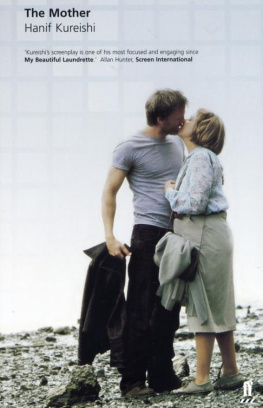
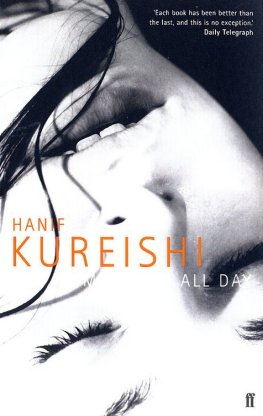
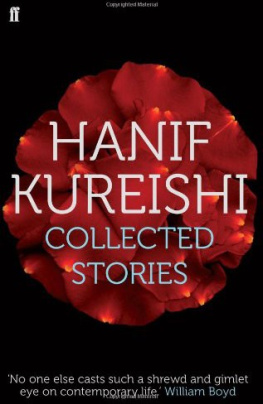
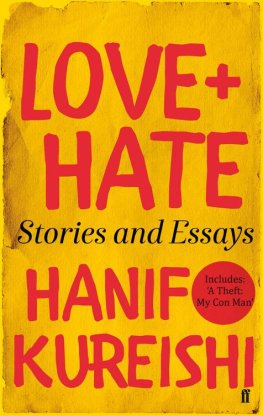
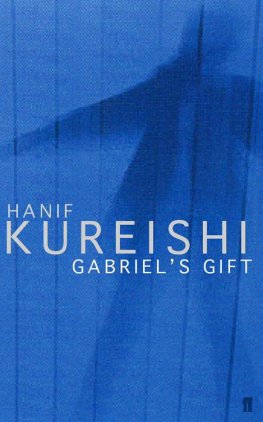
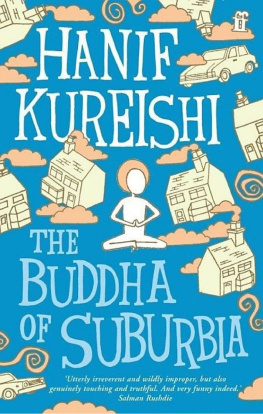
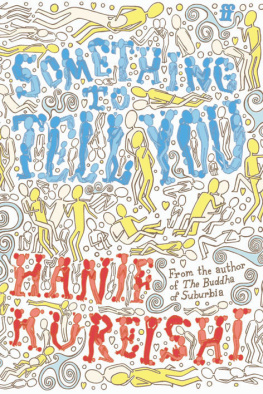
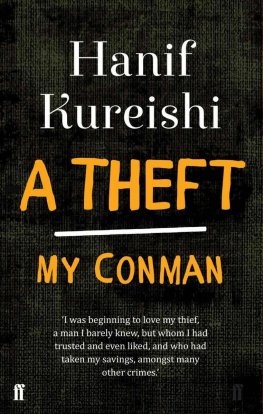
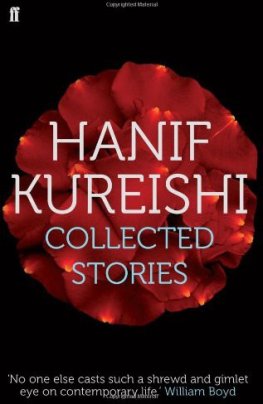
![Hanif Kureishi [Hanif Kureishi] - What Happened?](/uploads/posts/book/141306/thumbs/hanif-kureishi-hanif-kureishi-what-happened.jpg)
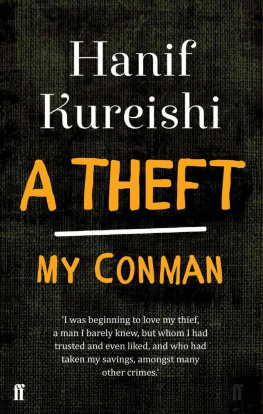
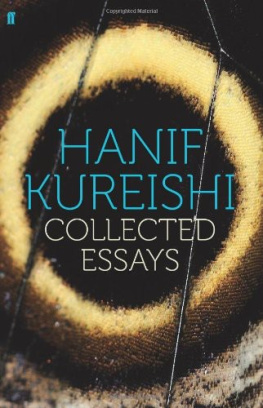
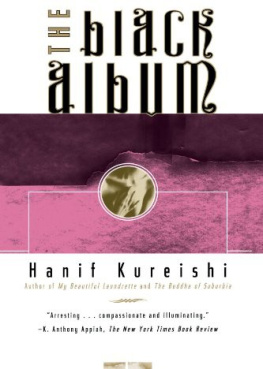

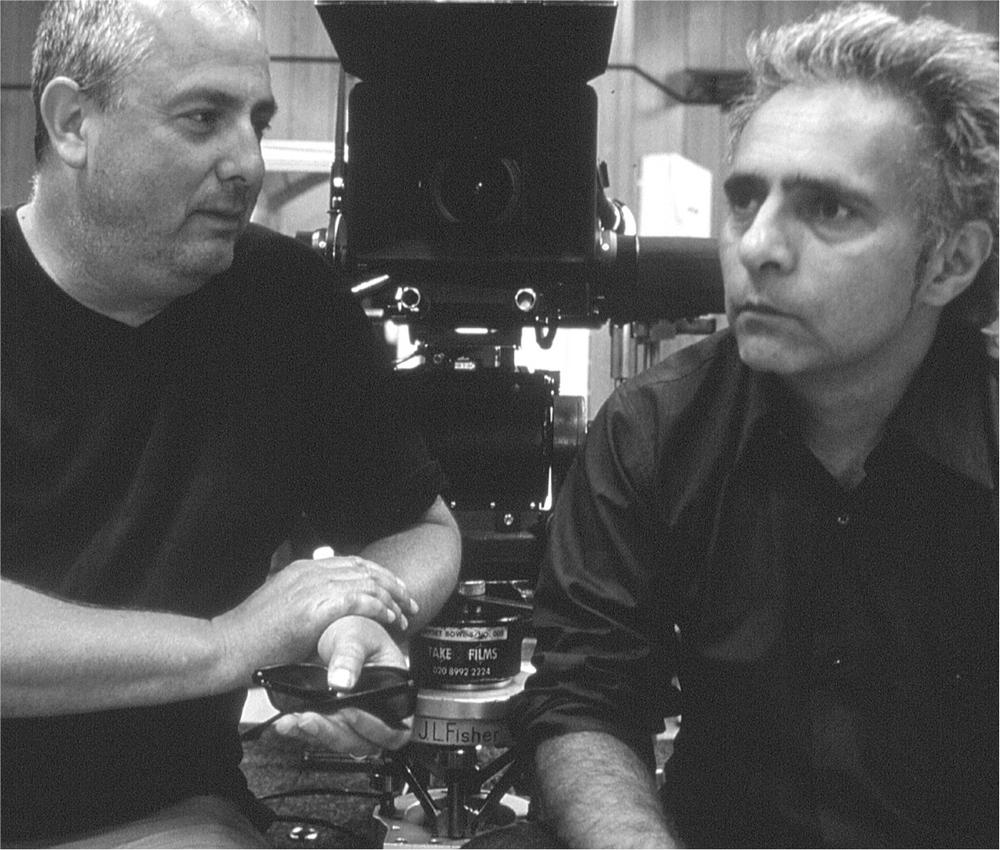 Hanif Kureishi (right) with director Roger Michell
Hanif Kureishi (right) with director Roger Michell